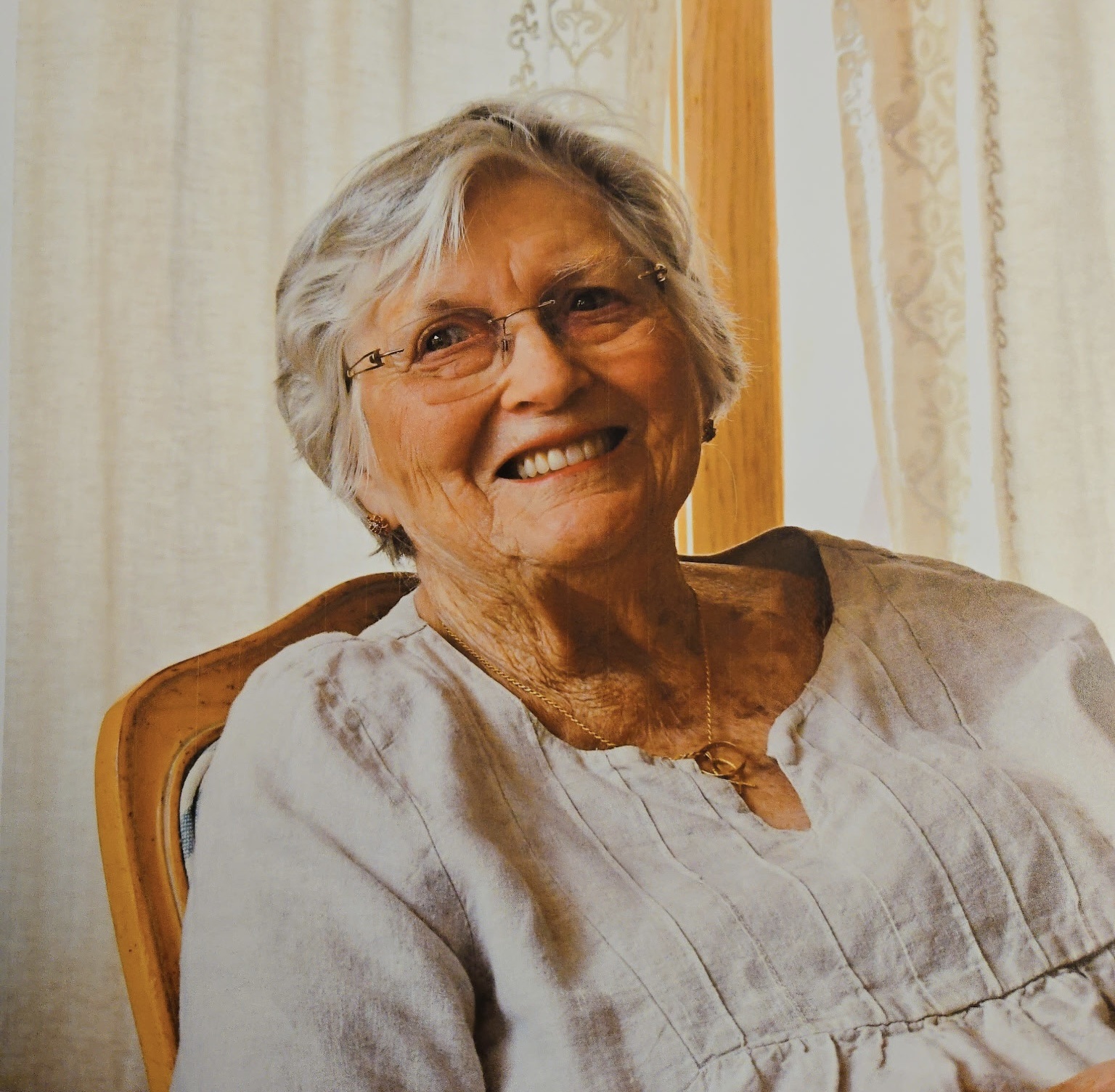Holding books and their future in our hands
Published 10:00 pm Wednesday, January 28, 2015
I had just started to write six years ago when the publishing world was in the midst of dramatic changes. The Internet had already affected many industries—music and newspaper both come to mind right away–and it was the book publishing industry’s turn.
I attended a panel discussion at a writers’ meeting in L.A. about the changes digital books were creating in the business, and ironically, one of the panelists was absent because he had to attend a meeting on the closing of Borders bookstores which had only been announced that day.
The panelists predicted a rough road ahead for the industry—one which was known to be slow to change anyway. One expert said, “If book publishers were put in charge of transportation today, we’d have fresh water and hay at every freeway rest stop.”
Trending
As a new writer, my rejection letters from agents and publishers were filled with references to “the publishing crisis.” It was a scary time to enter a world that seemed on the verge of crumbling.
It did crumble a bit, but it certainly hasn’t died. The big publishers adjusted to the economic downturn with multiple mergers and acquisitions, and independent publishers sprung up like new grass after a fire. Add the advent of self-publishing into the mix, and we have a new world in the book business.
Giant booksellers like Barnes and Noble still struggle to avoid the fate of Borders, and small ones fight for their share of the market.
We have four independent bookstores in Tryon, which is extremely rare for a small town. My theory as to why they’re still here: In a town that’s all about the arts, the literary arts are certainly not forgotten.
Lanier Library recently hosted a panel discussion called “What about the book?” at its monthly brown bag lunch. If you haven’t been to one of these, clear your calendars the next third Tuesday of the month and plan to be at the library at noon. The topics and speakers at this event never disappoint, and it’s free and open to the public.
Our panelists this month were the four owners of Tryon’s bookstores: Penny Padgett of The Book Shelf, Gina Malone of The Village Book Shoppe, Donald Hawthorne of Noah’s Ark Book Attic and Harry Goodheart of Tryon Fine Books.
Trending
Penny Padgett is the sixth owner of The Book Shelf, a store that has been a staple in Tryon since 1952, and views the digital reader as a tool for consumers, but not a replacement for the book. She noted her daughter was able to carry her reading tablet loaded with digital books into Iraq and Afghanistan while in the service, but when she returned home, went back to enjoying her books in print.
Donald Hawthorne grew up in the book business, and came to Tryon in 2002 to sell secondhand (“mostly antiquarian”) books at Noah’s Ark Book Attic. He agrees with Penny that e-readers are useful tools, especially for older readers who need larger print. When his son asked what will become of Donald when books become obsolete, Donald, who has an inventory of 30,000 books, joked, “Then I’ll become one of the wealthiest people in the world.”
Harry Goodheart opened Tryon Fine Books twelve years ago, and specializes in selling antiquarian books, modern first editions, and books of note after 1900. Harry came to the business because of his love of books, and cites a “certain communication with the author when holding a book in hand.”
Gina Malone, a career journalist, opened The Village Book Shoppe (“a reader’s bookstore”) in 1997 and sells used books. Gina also speaks of the sensory experience of reading a printed book and believes “people never want books to go away.”
It was fascinating to hear from these four authorities on surviving the e-book wave in a small town during tough economic times. The topic was clearly of interest to the community as the room was more packed than I’ve ever seen it.
Gloria Underwood, the library’s brown bag lunch director, pointed out at the start of the discussion that while the uncertainty of the future of the book is certainly a sobering topic, in 1968 the library hosted a program called “Will magazines survive TV?”
I was happy to see so many interested Tryonites in the room, and proud that we love and support our four bookstores.
The next time you think of shopping for books online, set your digital world aside for a moment and head over to see our book merchants. Consider how much happier you’ll be, as Harry Goodheart put it, “holding a thought in your hands, communing with a person who had those thoughts in spirit in an intimate way.” Happy reading.





